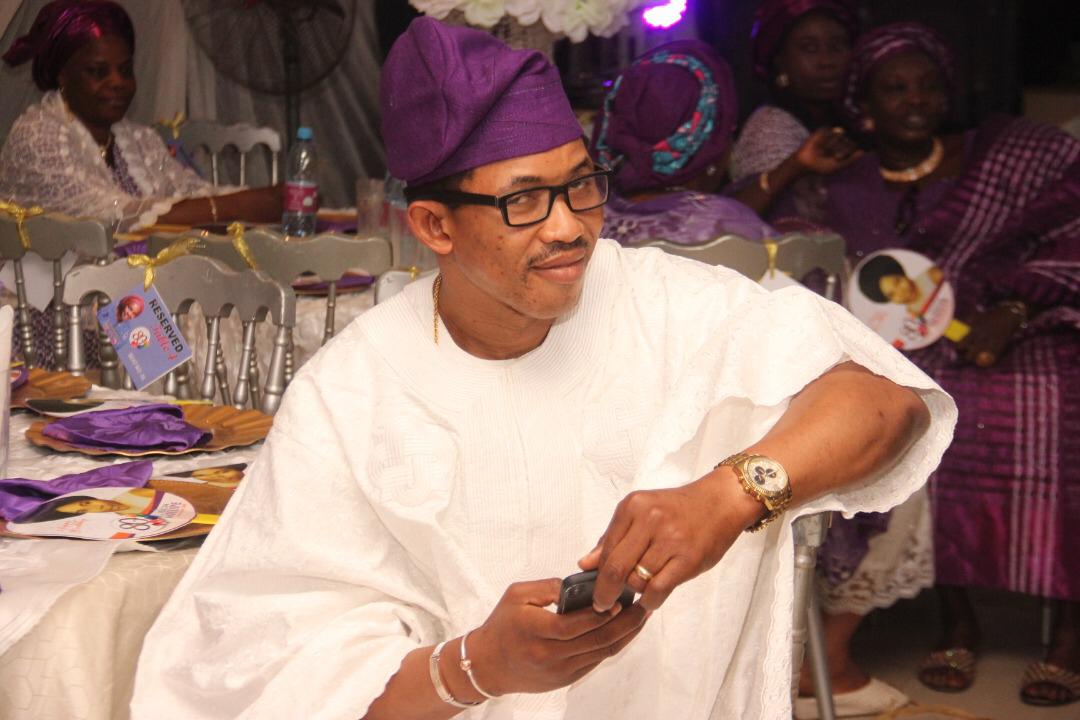By Kayode Ajulo
At no time has Nigeria been under such perilous uncertainty as this period. Despite measures commendable efforts to implement the lockdown measure in some states in the Federation, including the Federal Capital Territory, the daily number of new infections appears to be increasing exponentially especially in Lagos State, FCT and Kano State. What then befuddles the mind is the effectiveness of the lockdown measures and the imperative of exploring other options in the interest of the citizens and the Nation at large.
In early March there were few reported cases in Nigeria. As of the time of writing, Nigeria has confirmed over 980 cases. At the early incidence of the outbreak of the virus in the country, nearly every state with a reported case began with patients bringing the virus in through international travel, however, the sad reality is that the virus is now spreading within communities and even within the poor communities. Hence the necessity to explore desperate measures to curb the spread of this virus.
Significance and Effectiveness of the Lockdown Measure
There is no need belaboring the fact that the lockdown measure taken by the President and some other similar measures such as curfew implemented in some states are not without significant benefits such as reducing the spate of the spread of the virus, however, total lockdown risks a complete halt of economic activity across the Nation.
It suffices to add that more than a third of the Nigerian Population lives below the poverty line. While most of those live in rural areas and without access to basic amenities.
While we are uncertain as to when business as usual will be restored, if there is a need to completely lockdown the whole country for a long time, the potential death toll is unknown. Economic recession and deteriorating livelihoods mean impoverishment, malnutrition, worsened access to routine health services, and that in turn all means lives lost as well.
What we have failed to understand is the fact that we can’t impose a lockdown like more developed nations, as there are many citizens who don’t have homes. Nigeria has limited resources to replace the incomes of citizens coupled with the fall in the oil price from which Nigeria derives 95% of its revenue.
Limiting person-to-person transmission will be more difficult in highly populated cities. Many people work in the informal economy and stay in areas where clean water for handwashing may be challenging and self-isolation practically impossible. This could lead to a bigger and more prolonged outbreak of COVID-19.
Conversely, there has been reports of widespread acts of civil disobedience, inducement of law enforcement agents to gain passes and even various forms of violent crimes such as robbery in Lagos and some parts of Ogun State which have significantly undermined the effectiveness of the lockdown measure.
While commending the Federal Government for releasing palliative and relief materials to some indigents in some affected parts of the Country, however attention must be pointed to ensuring effective accountability on how the public funds are being expended. Government needs to invest in this and consider alternative means of giving conditional cash transfer through BVN to citizens like some developed nations. We can not tell people to stay away from work and make sure you stay hygienic when you don’t give them a way to do so.
Imperative of increase in testing capacity
There is no doubt that Nigeria with the limited resources it has may not be able to afford feeding its citizens every day for as long as this epidemic will last, hence the imperative of seeking alternative approach in curbing the spate of the spread of the virus.
There is no doubt that with the exponential daily increase of the virus, health workers are beginning to get overwhelmed. The Federal Government should start addressing the need to mobilisemore volunteers, train more people, and think about capacity. If we can test and have a more localized strategic approach to restricting movement that would really help resources.
While acknowledging the fact that there are challenges around the development of the tests, the cost of the test and the logistics involved but we can’t be complacent and just think that people are not going to die. As at the time of writing, the total test conducted by National Centre for Disease Control and Prevention (NCDC) since the beginning of the epidemic is less than 10000 compared to neighboring countries. This is a far-cry and Nigeria still has a long way to go in combating this deadly virus.
For example, South Africa has mobile testing units to try and test as many people as possible
The country has so far conducted around 60,000 tests for Covid-19, the disease caused by the virus, and is now testing at a rate of nearly 5,000 a day.
The more tests that can be conducted, the more confident the country can be in its data and the systems it has in place to fight the rising tide.
Conclusion
While the lockdown measure has significantly reduced the spread of the virus, the difficulties highlighted above have bring to fore the urgent need for more equitable measures in curbing and curtailing the spread of the COVID-19 virus.
Government must focus on efficient testing, training and building capacity across board. Creating reliable infrastructure and employing principles of transparency and good governance will also be crucial.

 News6 years ago
News6 years ago
 Featured6 years ago
Featured6 years ago
 Boss Picks6 years ago
Boss Picks6 years ago
 Headline6 years ago
Headline6 years ago
 Headline6 years ago
Headline6 years ago
 Headline5 years ago
Headline5 years ago
 Headline6 years ago
Headline6 years ago
 Headline6 years ago
Headline6 years ago













